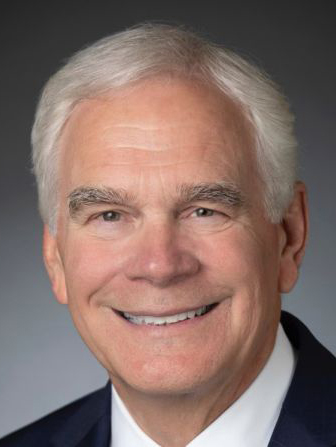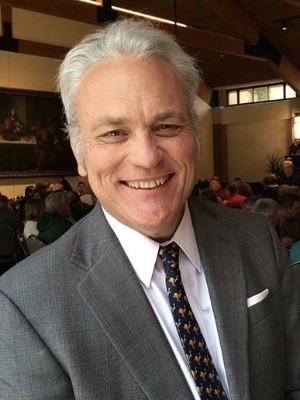Tom Ultican left a STEM career to teach high school physics and advanced mathematics in California. Since his retirement, he has become a crack investigator of scams in education.
His latest deep-dive into dirty deals, unsurprisingly is in Texas, where state officials are quietly steering major contracts to a Laurene Powell Jobs company called Amplify.
Amplify is a tech company that delivers instruction online. It was created by a tech company in Brooklyn to meet the needs of the New York City public schools when Michael Bloomberg was mayor and non-educator Joel Klein was chancellor of the schools. When Klein resigned, he persuaded Rupert Murdoch to buy Amplify for $500 million, and he became CEO.
Amplify developed software for its curriculum, and it sold both its own tablets and software. Launched with a bang, it soon imploded due to problems (the tablets sometimes spontaneously combusted), and sales never took off. Murdoch decided to sell it and write off a loss of $371 million.
Now we know that billionaire Laurene Powell Jobs owns Amplify, and the company is very cozy with the Texas Education Agency. Amplify is back with its plans to digitize and standardize instruction.
Tom Ultican begins:
In March, the Texas house of representative’s education committee introduced House Bill 1605. Chairman Brad Buckley from Killeen was lead sponsor and 25 other members are listed as co-sponsors including one Democrat. The actual author of the bill and who if anyone paid for it to be written is not known. The legislation creates two major changes. It transfers purchasing power from the state education board to State Commissioner of Education Mike Morath and it opens the door for Laurene Powell Jobs’ Amplify to control instructional materials for the Foundation School Program.
The Texas Education Agency (TEA) explains,
“The primary source of state funding for Texas school districts is the Foundation School Program (FSP). This program ensures that all school districts, regardless of property wealth, receive ‘substantially equal access to similar revenue per student at similar tax effort.’”
Foundation curriculum includes the list of the big four subjects mapped out by the TEA curriculum division.
English Language Arts and Reading
Mathematics
Science
Social Studies
The material is to be delivered using open education resources (OER). This means the content deliverance via interactive electronic screens. Districts will have the right not to use the curriculum however the structure of HB 1605 bribes them to employ it.
Under this new legislation, the state of Texas is contracting with Amplify to write the curriculum according to TEA guidelines. Amplify will also provide daily lesson plans for all teachers. The idea is to educate all Texas children using digital devices and scripted lesson plans while teachers are tasked with monitoring student progress.
Senate bill 2565 is the companion legislation. The language of neither HB 1605 nor SB 2565 mention Amplify. However, during the senate education committee public comments period on SB 2565 it was revealed that TEA had already given Amplify a $50,000,000 pandemic contract. When witnesses referenced Amplify as the purported contractor, senators did not push back and the only company the Senators spoke about themselves was Amplify. So it is clear that it will be Amplify and some people in the know believe Commissioner Morath has already made a deal with the company.
Please open the link and read on. Amplify is not only risen from the ashes, but it’s on the road to profiting by the creation of a teacher-proof curriculum.


